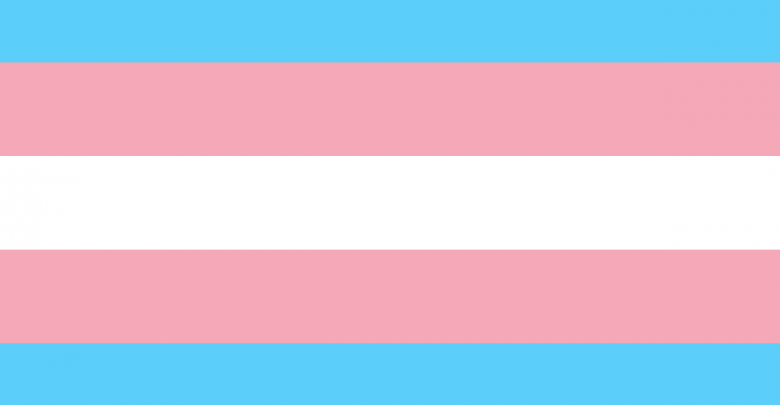Proposed US gender definition would erase trans experiences
The narrow criteria would push trans people further to the social periphery
 Supplied
SuppliedIs it 2020 yet? It seems like everyone is willing to press fast forward to the next US Federal election, if only to stop hearing about the constant outcries at Trump’s most recent outrageous phrase, gesture, or accusation. I have to say that I’m no different, especially after hearing about new proposed legislation on transgender rights that makes it seem like things are getting even worse.
Recently, it was reported that the Trump Administration was considering narrowly defining gender as an immutable condition defined by one’s genitals at birth. Under this new definition, the identities of millions of American will be erased from federal civil rights law, and by extension, the protections they’re guaranteed under such law. It would fail to account for not just those who are post-transitioned through hormone therapy or surgery, but for intersex people, who were born with sex organs that don’t fit typical definitions of male or female.
The phrase ‘disappointed, but not surprised’ comes to mind when studying this new policy. Why should one be shocked to hear this news? After all, this comes a year after Trump’s proposed trans military ban.
However, these propositions become more serious when, a few days after the new definition was announced, it was reported that US officials were attempting to remove the word ‘gender’ from UN human rights documents. If these changes were to be implemented, they would change phrases like ‘gender-based violence’ to ‘violence against women.’ While placing a spotlight on violence against women isn’t necessarily a bad initiative to take, as one UN senior diplomat said, “it doesn’t really tell the whole story.”
The whole story is that trans people face violence at home and abroad. One report found that the numbers for gender-based homicides in the US have been on the rise, with 2017 being the deadliest year for trans people. In addition, a recent study found that transgender women were the victims of the majority of homicides within the LGBT community. Outside of North America, trans people face violence based on their gender in countries like Iraq and Nigeria, where being queer is illegal and in some cases punishable by death.
Historically, this has been the reality for many trans people. One such example includes Marsha P. Johnson, a trans woman who’s often credited for inciting the Stonewall Riots. Several years after being cemented as a queer icon, her body was found in the Hudson River, and while police originally ruled the death a suicide, those who were close to Marsha suspected murder.
By excluding such acts of violence in the definition, it neglects the struggles that trans people face worldwide. By refusing to acknowledge these issues, no attempts can be made to resolve them. Regardless of how you feel about gender politics, there’s something undeniably wrong about the erasure of an entire group of people. By pushing trans people to the periphery of the social imaginary through manipulation of language, millions of voices could be silenced after they’ve fought for every word they’ve spoken.
Not all disrespect leads to violence, but all violence is rooted in disrespect. Likewise, this legislation may not lead directly to violence against trans people, but it does revoke protections they need more than ever.




